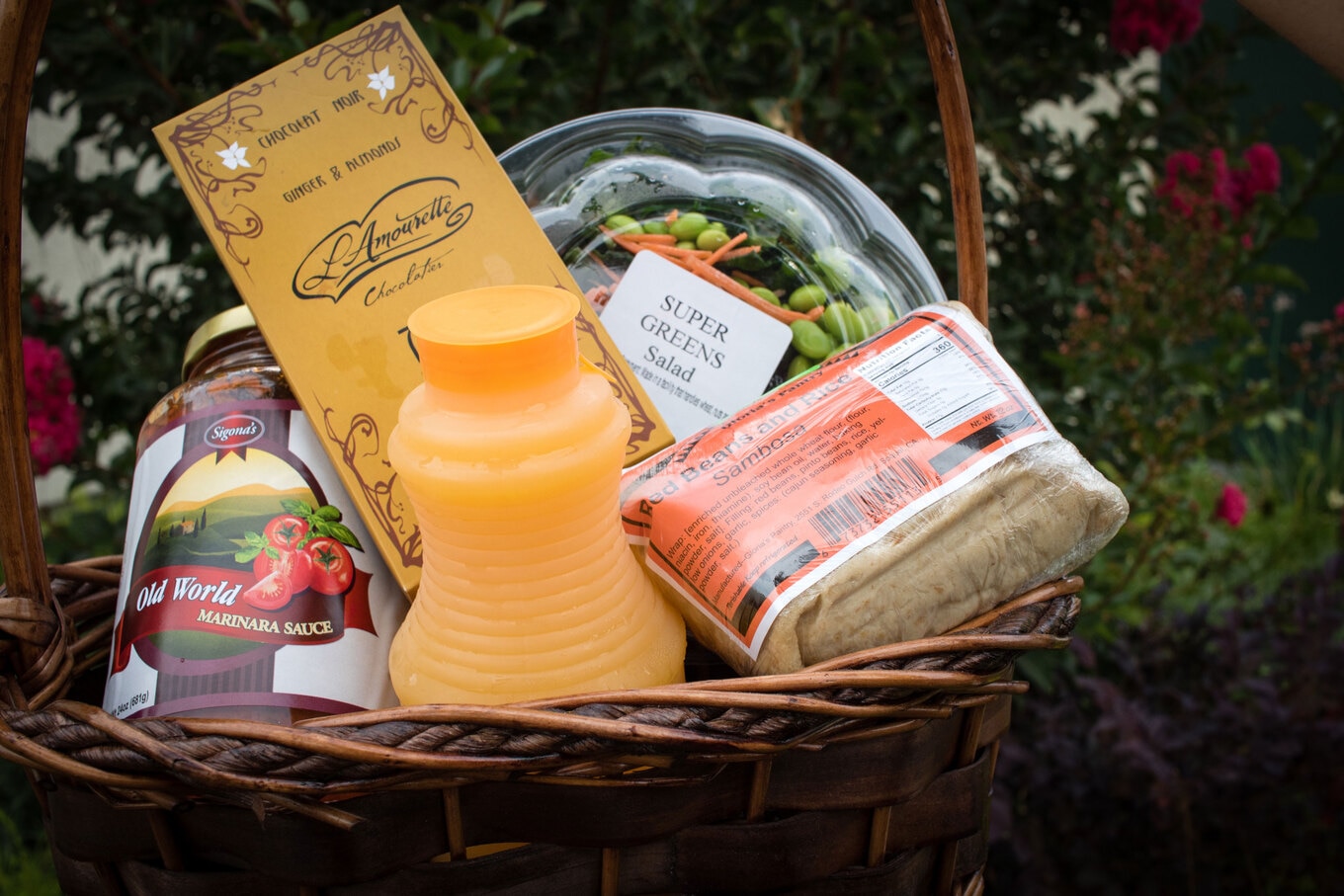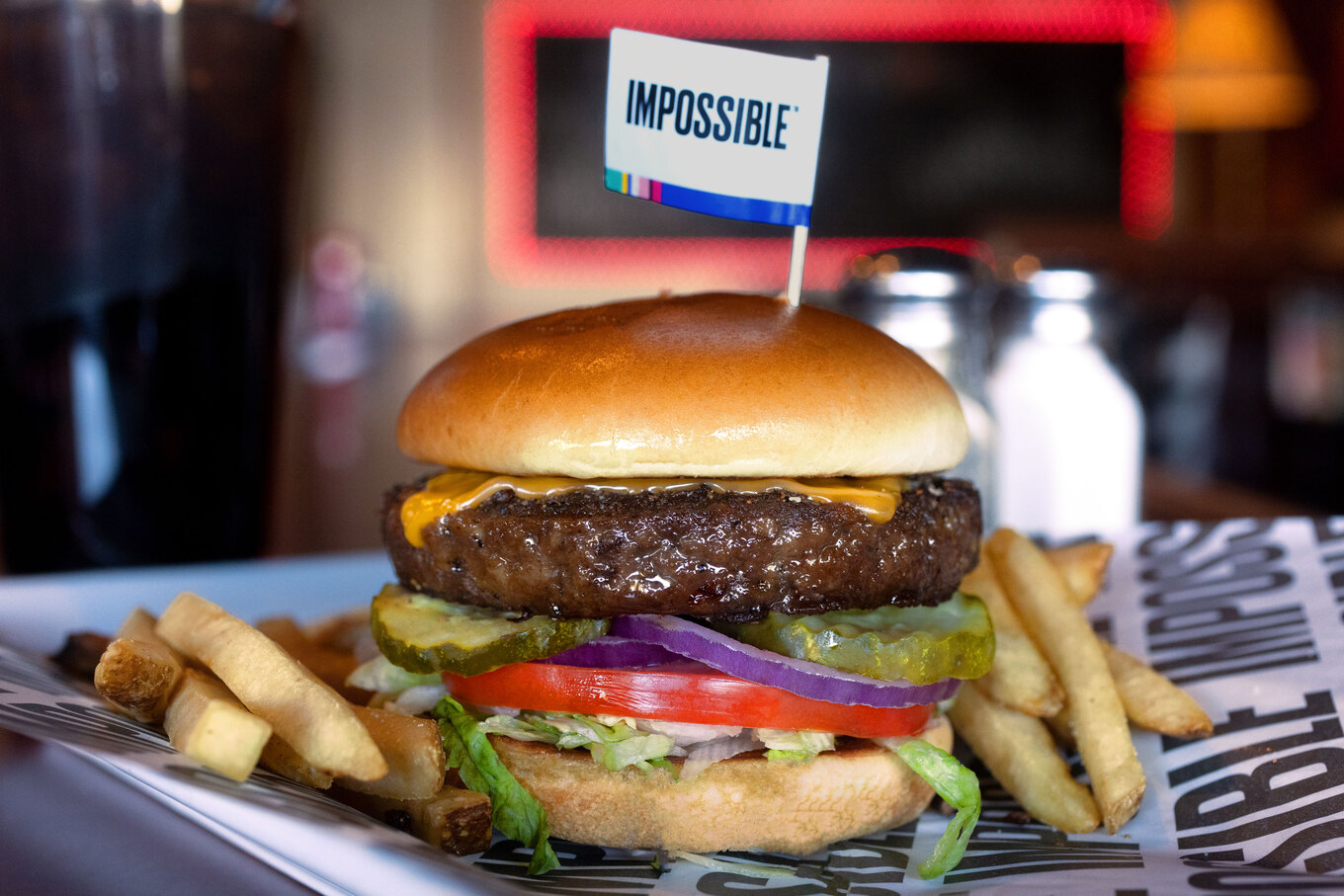If you’ve ever tried to follow a plant-based diet, you can relate to reading the back of every food label when a product isn’t expressly labeled as vegan—often finding milk or other animal-based ingredients that give you pause.
While it might be time-saving for some consumers, is a vegan label off-putting for others in making sustainable choices?
Nike
Vegan singer Billie Eilish recently shared her opinion in an interview with Los Angeles Magazine, where she pointed out the often polarizing nature of veganism.
“Vegans have a reputation of being incredibly annoying,” Eilish said. “And a lot of the time, they are. Sorry. Because you know why? Nobody wants to be told what to do.”
“But there comes a point where I look around and [see] people I love so much, who I think of as smart, compassionate people, contributing to a culture that is incredibly damaging to the world. I want it to be clear that I’m not preaching.”
Instead, Eilish is working to make plant-based food more appealing, as evidenced by her involvement with Argento, a new vegan restaurant coming soon to the Silver Lake neighborhood in Los Angeles.
“I want plant-based food to be more accessible,” she said. “What’s really cool about Argento—and Nic’s [On Beverly] and Crossroads and Donut Friend—is they are all vegan places, but they’re not branded as ‘vegan.’”
From this commentary, it is clear that Eilish believes that for veganism to have a broader, more universal appeal, there must be a shift from exclusivity to inclusivity in the way food is presented.
But what does consumer research say?
Table of Contents
Studying vegan food labels
Recent studies have illuminated a few patterns regarding how food labeling influences consumer behavior.
Research presented at the Society for Risk Analysis 2023 Annual conference from Baruch College—CUNY and the University of Southern California revealed intriguing patterns. In this national food choice experiment, 7,341 participants were asked to choose between a food gift basket with or without meat and dairy. The non-meat basket was labeled in various ways: “vegan,” “plant-based,” “healthy,” “sustainable,” and “healthy and sustainable.”
 Freddie Collins/Unsplash
Freddie Collins/Unsplash
The results? Only 20 percent chose the “vegan” labeled basket, and 27 percent opted for the one labeled “plant-based.” However, when labeled “healthy,” “sustainable,” or both, the choices jumped to 42 percent, 43 percent, and 44 percent, respectively. This labeling effect was even more pronounced among red meat eaters and consistent across socio-demographic groups.
This indicates a distinct consumer preference for labels that emphasize broader health and environmental benefits.
In a separate study recently published in the scientific journal Appetite, researchers conducted comprehensive experiments to understand how labeling affects food choices. Their field studies at an academic institution in the United States revealed that labeling dishes as vegetarian or vegan significantly decreased their selection, indicating a clear aversion triggered by these labels in real-world settings.
Complementing these findings, an online study involving hypothetical meal choices highlighted that while male participants generally preferred meat options, the deterrent effect of vegetarian and vegan labels was consistent across genders.
“The potential implication is that presenting menu items without the labels could help guide US consumers towards more environmentally sustainable consumption, without reducing their freedom of choice,” the authors stated in the study.
Notably, the absence of these labels did not adversely affect vegetarians and vegans, suggesting that their dietary decisions were not dependent on labeling.
Making vegan food labels more attractive
Given the negative environmental impact of animal agriculture, helping meat eaters make sustainable food choices is critical to mitigating the climate crisis. If the broader consumer is not excited about choosing foods with “vegan” and “plant-based” labels, then how can food labels play a role?
Another multi-pronged study recently published in scientific journal Food Quality and Preference found that the use of certain adjectives had a positive effect.
A key aspect of the study was the examination of various meal names, assessing their appeal and effectiveness in influencing food choices, especially among different groups of meat eaters.
In the first portion of the study, the team evaluated the appeal of different names for plant-based meals. For instance, the basic name “vegan burger” was tested against more appealing alternatives such as “Aussie burger,” “delicious Aussie burger,” “juicy Aussie burger,” “juicy American burger,” and “juicy smoky American burger.”
 Impossible Foods
Impossible Foods
Among these, “juicy American burger” and “tasty Italian vegetable lasagne” demonstrated the largest effect on appeal and likelihood of ordering, and were chosen for further investigation.
For the second portion of this research, a simulated restaurant study further assessed these names. It found that while the appealing names significantly increased the affective appeal of plant-based meals, this did not translate uniformly into the increased ordering of plant-based meals across the entire population.
However, for the market segment of environmentally and health-oriented meat-eaters, the intervention of using appealing names such as “juicy American burger” for plant-based options increased the likelihood of choosing these meals by approximately 7 percent.
These insights are valuable for constructing menus that make plant-based options more appealing to the general public. Eilish’s vision of veganism as a universal choice offers another perspective on how these sustainable foods can be marketed
“Vegan is for everyone,” Eilish said. “You don’t have to be vegan to eat vegan.”





.jpg?sha=d8b71a64ea21894b)

